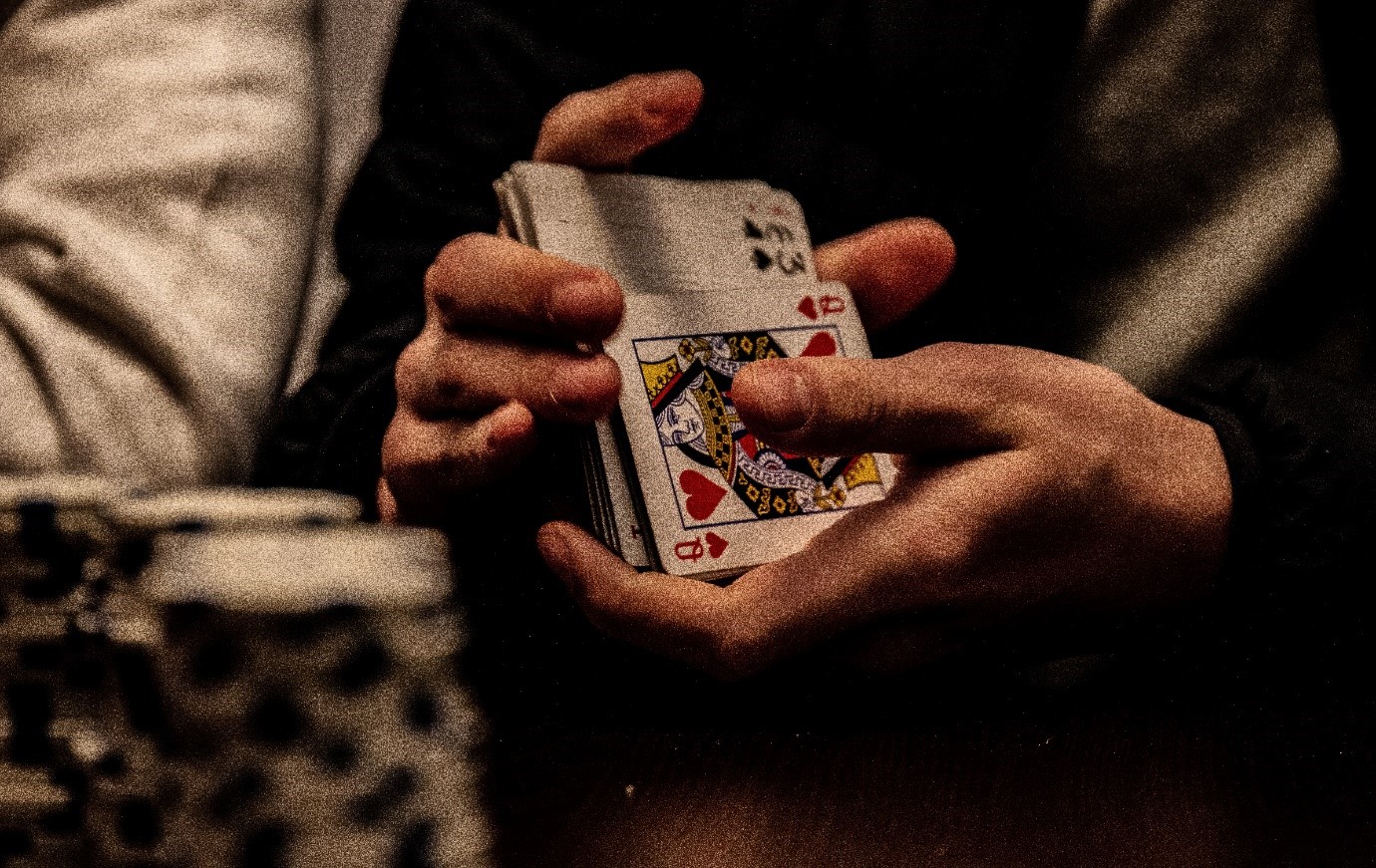Poker is an entertainment for most players, but a serious form of cash generation for others. Those players who take the game seriously, and rely on it for all or part of their income, need to put in a high number of hours at the tables, often multi-tabling, to achieve their goals.
The reason for this high volume, called grinding, is two-fold. Firstly, the win rate is often so low that, in order to make a decent amount of cash, a player often has to play through thousands of hands a month to make their win rate valuable. Secondly, a below-the-table addition to their income comes from rakeback, whether that’s a straightforward cash repayment every month or rewards like free tickets and the like. The more hands a player gets through, the higher the rakeback.
While this is all well and good, especially if you have the time to put in high volumes at the tables, it does come with a high risk, and we don’t just mean in the form of repetitive strain from mouse action – we mean of burnout.
Players should mix up their games once in a while to help avoid burnout by keeping things interesting.
What is poker burnout?
High-level poker grinders need to remain mentally fit if they are to maintain their positive results. However, playing such high volumes can cause burnout, where mentally and physically the player cannot perform well and, at worst, not play at all.
The signs of burnout can vary in degrees of severity but will include:
- Getting distracted and easily bored
- Lacking of motivation to play
- Feeling tired
- On tilt and irritable
- Having a negative attitude
- Not taking care of oneself
These symptoms are bad for people at any time. But for a poker player who relies on playing cards for a living, they can be devastating. So, what can a poker player do to relieve the grind?
Time management and exercise
It’s easy to find yourself sitting in front of your computer or laptop for hour upon hour, clicking the mouse and playing poker on autopilot. Think about the strain this is placing on your eyes and on your body, especially if your set-up is not ergonomically friendly.
Getting screen-related headaches and other aches and pains will surely contribute to the risk of burnout, so taking regular breaks from the tables is essential. This is easier said than done if you are playing in large-field online tournaments, but breaks are now synched, so get up and walk around during those breaks. Perhaps get outside and get a few minutes of fresh air and a glass of water.
If you’re playing cash games, it’s much easier to take a break whenever you wish, even if you are crushing a table full of fish. You’ll end up giving up some of your profits if you play tired.
Mix up your games
If you’re the sort of player who plays only one game format, like no-limit Texas Hold’em, six-handed ring games, it’s easy to get sucked into a world of monotony that will bring on burnout fast.
As you already know, there are many different variations of poker to enjoy, like Omaha, Razz, 7-card stud, 5-card draw, and more. Or there is limit hold’em, if you can find a game. Learn one of these variants and then add it to your grinding schedule. Even if you think it will put a small dent in your profits, that’s got to be better than burnout taking your profit away altogether.
You don’t have to limit your experiments to traditional poker games. With your hold’em skills, you can play some casino poker games and even play online with real dealers. Casino hold’em is a simple game where you play a form of heads-up poker against the dealer, not other players.
We all know the house edge favors the casino, but it’s small in casino hold’em games, and you can turn a short session into a profit. After all, we’re only talking about short sessions here; something to relive the tedium of playing relentless Texas Hold’em hands.
If casino hold’em is not your thing, look up Caribbean Poker, three-card poker, and, of course, video poker games, all of which will add some fun to your daily sessions. Those live dealer games are hugely immersive – take a look at Evolution Gaming’s live poker games as a fine example of the genre.
Just remember to keep these casino visits to a short timeframe because you will not make a profit in the long run – it’s mathematically impossible. But it will help prevent you from burnout – which could be extremely expensive. You never know how long burnout will last; for some people, it puts them off playing for life and, if that happens, the formerly reliable source of income disappears.

